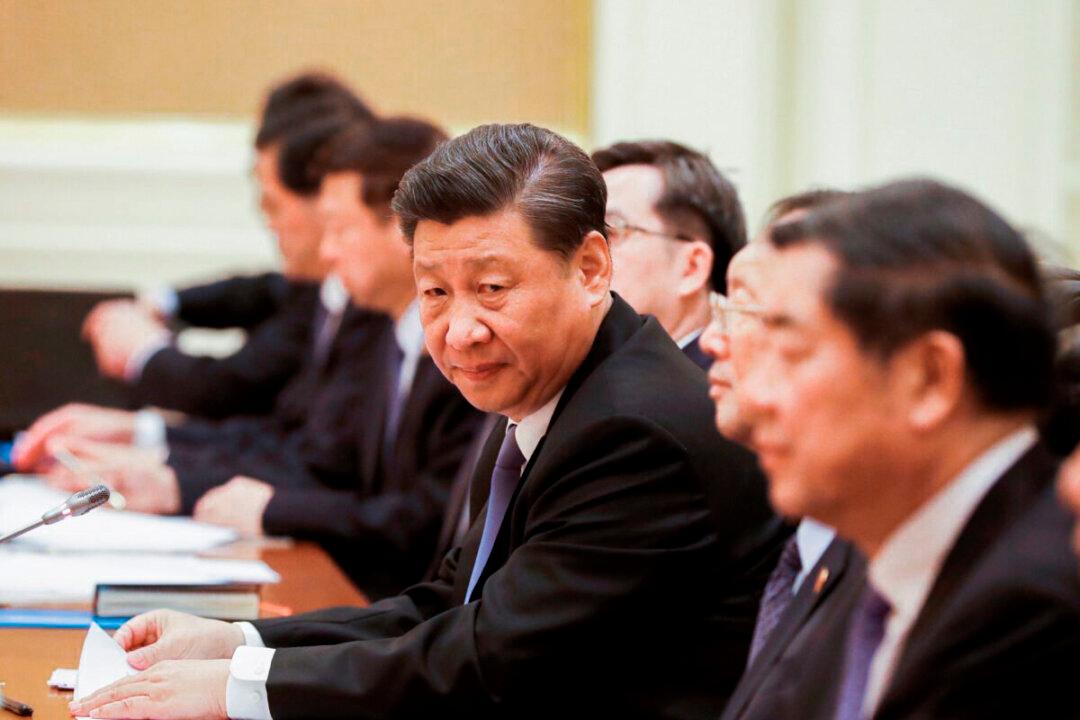The Chinese regime’s top leader has signaled a hardening stance toward the country’s affluent in a bid to promote “common prosperity.” It’s the latest campaign aimed at tackling the country’s rising inequalities, which analysts say reveals Beijing’s anxiety over the issue.
In an economic planning meeting with top leaders on Aug. 17, Xi Jinping called for readjusting “excessively high income,” eliminating illicit gains, and boosting the earnings of the low-income class. “High-income individuals and companies are encouraged to give more back to the society,” according to the readout published by state news agency Xinhua.





